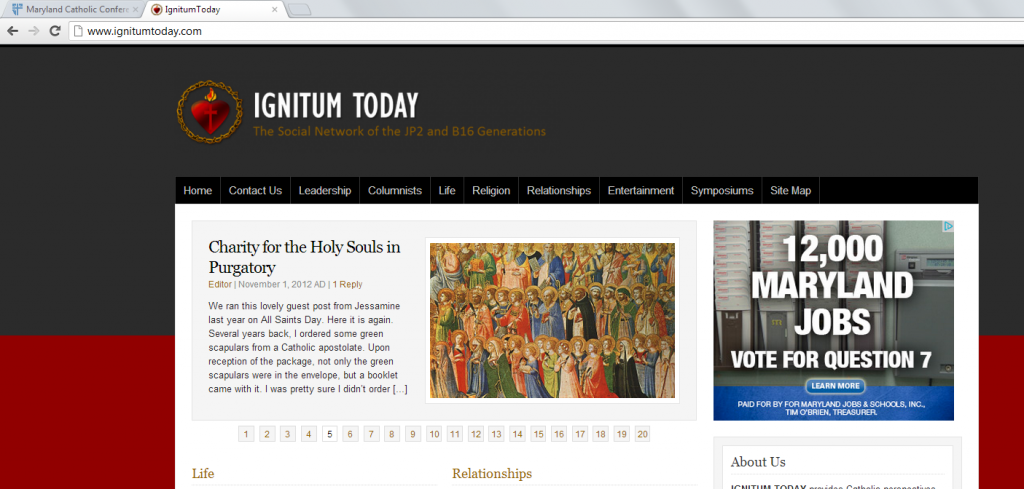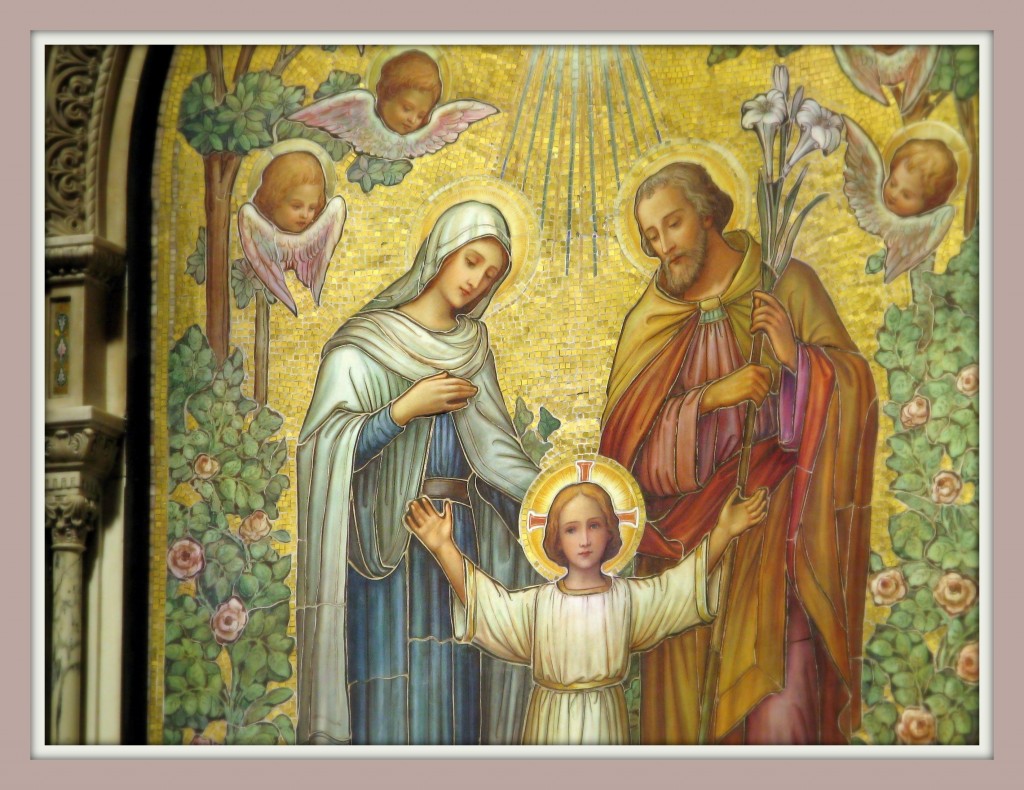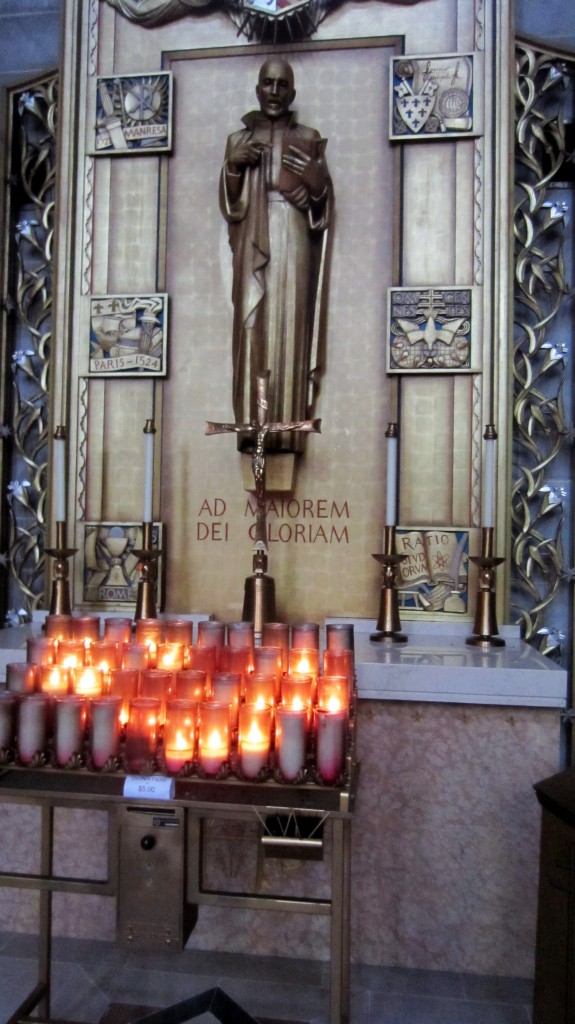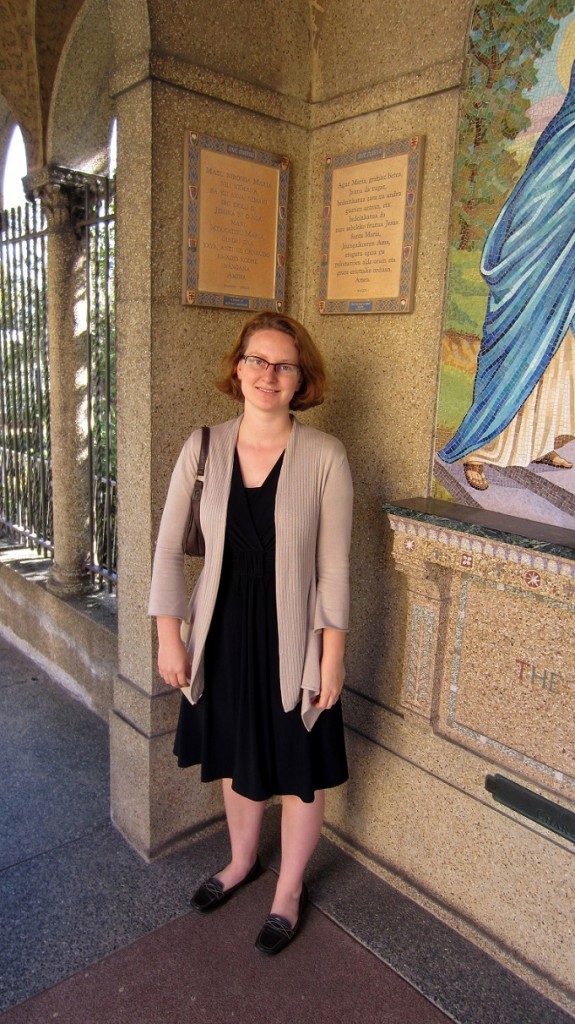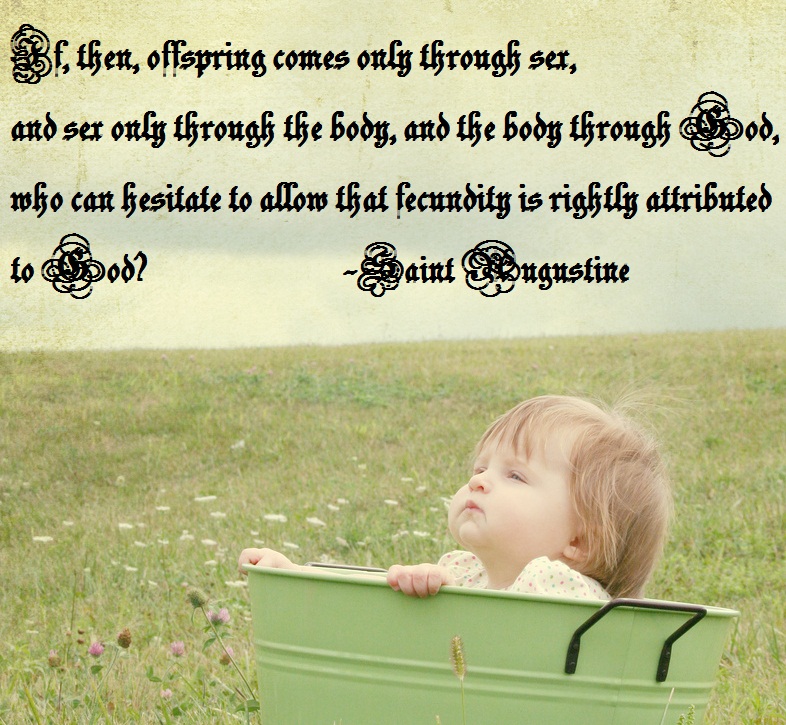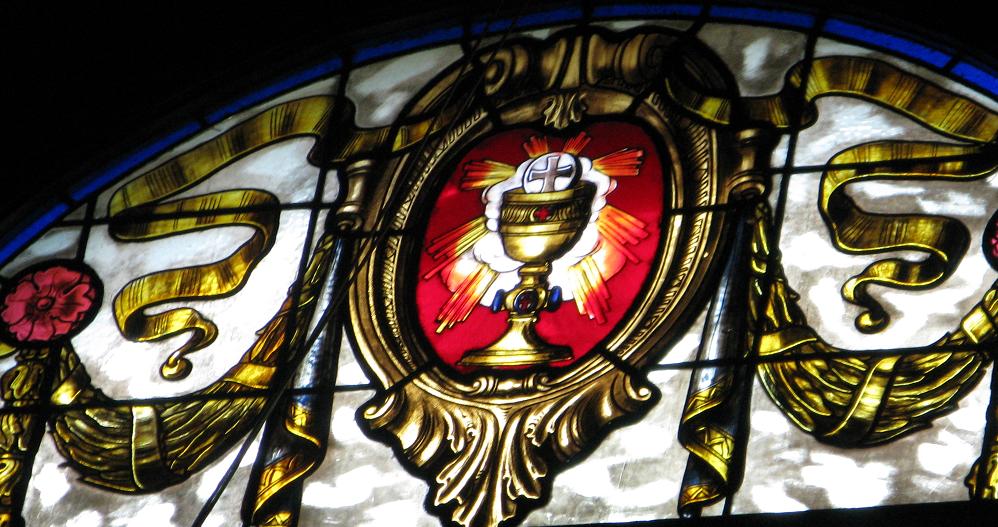All Catholics are cafeteria Catholics. This is a sad truth, and it is also okay. All Catholics are cafeteria Catholics because all Catholics are sinners. Not one of us can stand as a bastion of perfection in the light of the whole of the Church’s teachings.
One of the directors of the Catholic group at my college talked about contraception once. She said that it was essential that we follow our consciences: if we determined that contraception was good, then we should use it, if we determined that it was bad, we should not use it. She was half right–it is essential that we follow our consciences.
Yet there remains the problem that most of us live with both a poorly formed conscience, and an uninformed mind. Very few of my fellow students had ever read what the Church actually teaches about contraception, let alone thought through the issue with all of their intellectual resources. As a group, we lacked not only well-formed-consciences, but also attention to the rational reality of Church teaching on the subject of contraception.
We each formed our own little magisterium where we had the final say over which of the Church’s teachings we should consider seriously, and which we should ignore without question.
On good days, I can accept the reality of living in a community of sin. On bad days I find myself drowning in my own sin as I respond poorly to the abundance of people who are just like me– good Catholics who somehow think that they are not sinning more by imagining themselves to be without sin.
Part of the problem is that we separate ourselves into little (or not so little) groups based on which of the Church’s teachings we determine are worthy of attention. Because everyone around us agrees with us, we get to pretend that our version of Catholicism is the authentic one, and that those who have chosen differently are the ones who have chosen, while we, we are the faithful ones.
A few months ago I happened upon a lovely post by Jennifer Fulwiler in which she expresses humility rather than entitlement about eating meat. The only problem with the post was that it completely ignores the Church’s teachings on this issue while simultaneously being offered, not as a personal journey on a personal blog, but rather as a part of “America’s most complete Catholic news source.”
Ms. Fulwiler ends the post by saying that she will continue to violate the Church’s teaching because she finds the burden of it too inconvenient. This makes sense to me as I live with the same failure in my own life every single day. The problem though is that neither Ms. Fulwiler, nor the commenters, appear to recognize that they are making a choice to ignore an aspect of the Church’s teaching as inconvenient.
The current official teaching of the Catholic Church is that it is permissible to use animals for the good of humans in the form of food, clothing, or medical experimentation. But, as with most issues, the Church’s actual teaching on this issue is nuanced. The Catechism declares that “It is contrary to human dignity to cause animals to suffer or die needlessly.” Yet somehow it is important to some to obsess over human dignity in the area of contraception, while simultaneously ignoring what we are doing to our souls when we casually decide that causing unnecessary suffering to animals (as in the case of factory farming) is okay because it is convenient.
My point is not to pick on Ms. Fulwiler. Her suggestion that people could reevaluate their attitude toward meat is of great value in nudging people closer to the possibility of being open to the Church’s teaching. The problem remains that it appears that neither the author, nor her editor, nor the commenters could see that they should look to the Church for insight in this issue. It was not on their list of “Catholic” issues, so they had no reason to consider that maybe their consciences were poorly formed and their minds uninformed.
Instead of irritating me, this should serve as a cold reminder of how likely it is that I too am living in ignorance and with an inability to naturally determine what is good, and what is bad.
I cannot live up to the Church’s standards. No one can. But what I can do is to seek truth and the healing of forgiveness in my own life. I can embrace the grace that exists for all those evil cafeteria Catholics out there–all those people just like me.
